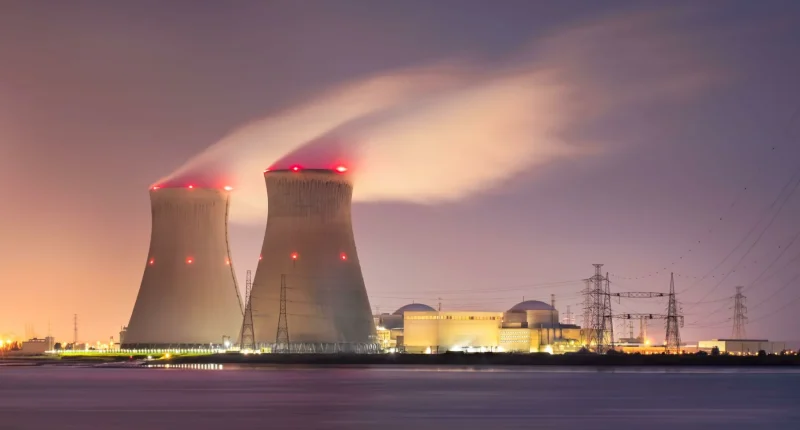As Thailand grapples with dwindling natural gas reserves and stagnating energy negotiations, the nation is exploring nuclear energy as a viable path to energy security. The introduction of Small Modular Reactors (SMRs) could mark a transformative step in Thailand’s energy landscape.
The Push for Nuclear Power
With domestic gas supplies running low, Thailand’s energy sector faces a crossroads. The country’s 2024 Power Development Plan aims to bolster clean energy initiatives, and nuclear power is emerging as a key player in this shift.
Why Nuclear Energy?
- Dwindling Gas Supplies: Thailand’s traditional reliance on natural gas is becoming unsustainable due to declining reserves.
- Overlapping Claims Area (OCA): Negotiations with Cambodia over joint petroleum production in the OCA have stalled, compounding the urgency for alternative energy solutions.
- Energy Security: Nuclear energy offers a long-term, sustainable option to future-proof Thailand’s power grid.
Enter Small Modular Reactors (SMRs)
SMRs, defined by the International Atomic Energy Agency (IAEA) as reactors with up to 300 megawatts of capacity, present a promising alternative. These compact reactors boast efficiency, longevity, and the ability to integrate seamlessly into existing power grids.
The Advantages of SMRs
- Compact and Efficient: SMRs provide about one-third of the power of traditional reactors but offer flexibility in deployment.
- Durable Design: With a lifespan of up to 60 years, SMRs outlast conventional gas or coal-fired plants, which typically last 25 years.
- Clean Energy: Nuclear power generates minimal greenhouse gas emissions, aligning with Thailand’s clean energy goals.
Thailand’s Nuclear Ambitions
The Energy Regulatory Commission (ERC) is spearheading efforts to bring nuclear energy into the fold. Collaborating with the Office for Atoms for Peace, the ERC has signed a memorandum of understanding to explore the legal and technical framework for SMR deployment.
Key Developments
- Pilot Projects: Two 300MW SMRs are planned for operation by 2037, according to Thailand’s extended power development plan.
- EGAT Leadership: The Electricity Generating Authority of Thailand (EGAT) is taking the lead, inspired by successful SMR projects, such as a 125MW reactor in Hainan, China.
- Economic Considerations: While current costs are two to three times higher than traditional power plants, SMR technology is expected to become more affordable over time.
Challenges and Criticisms
Despite its potential, the nuclear energy initiative is not without challenges:
Public Concerns
- Safety Risks: Nuclear energy carries inherent risks that require robust regulatory oversight.
- Cost Barriers: High initial investment costs could deter immediate adoption.
Geopolitical Factors
The stalled negotiations in the OCA underscore Thailand’s reliance on energy imports, highlighting the need for self-sufficient solutions like nuclear power.
The Road Ahead
Thailand’s pivot toward nuclear energy, spearheaded by SMRs, could redefine its energy future. As the ERC and EGAT navigate regulatory, technical, and economic challenges, the potential of SMRs to secure energy independence and sustainability remains a focal point.
A Game-Changer for Thailand
As EGAT Governor Thapparat Theppitak aptly put it, “SMRs will be a game changer in the global power industry.” Thailand’s adoption of nuclear energy could set a benchmark for other nations in the region, balancing innovation with sustainability.
Thailand’s exploration of nuclear energy signals a decisive shift in its energy strategy. With SMRs at the forefront, the nation is poised to embrace a cleaner, more sustainable future. As the groundwork for this transition takes shape, the success of these efforts could position Thailand as a leader in Southeast Asia’s energy transformation.
Ref – Thaiger









